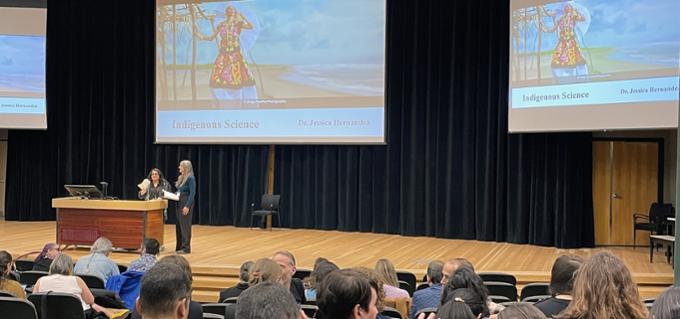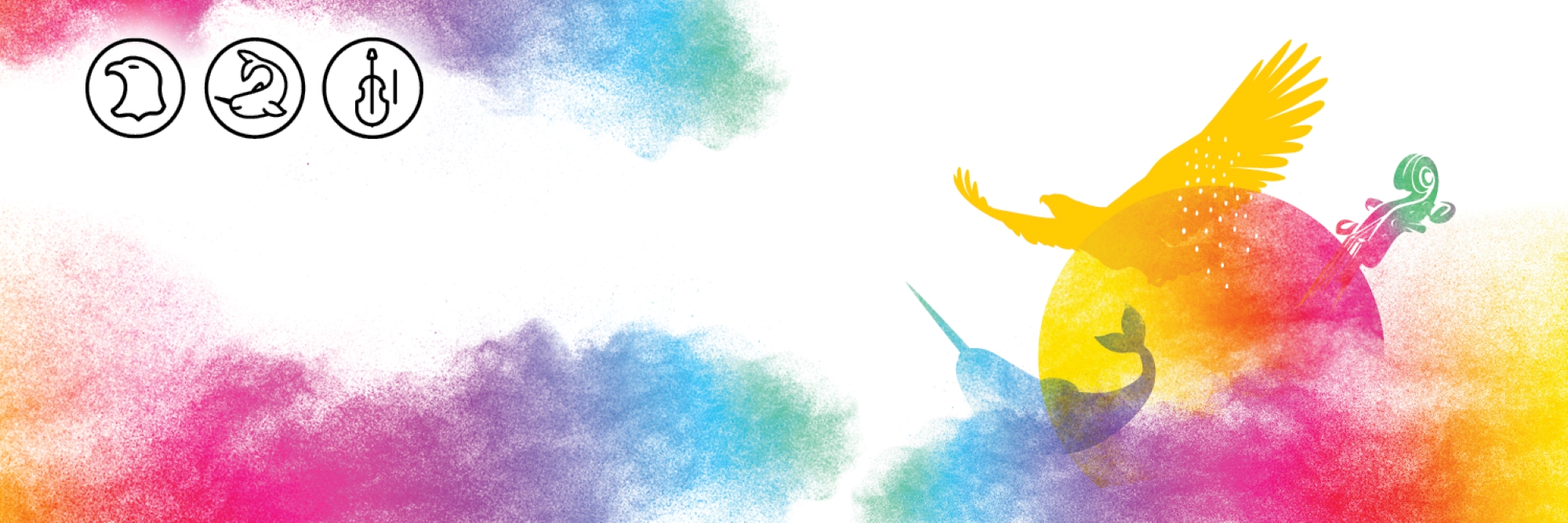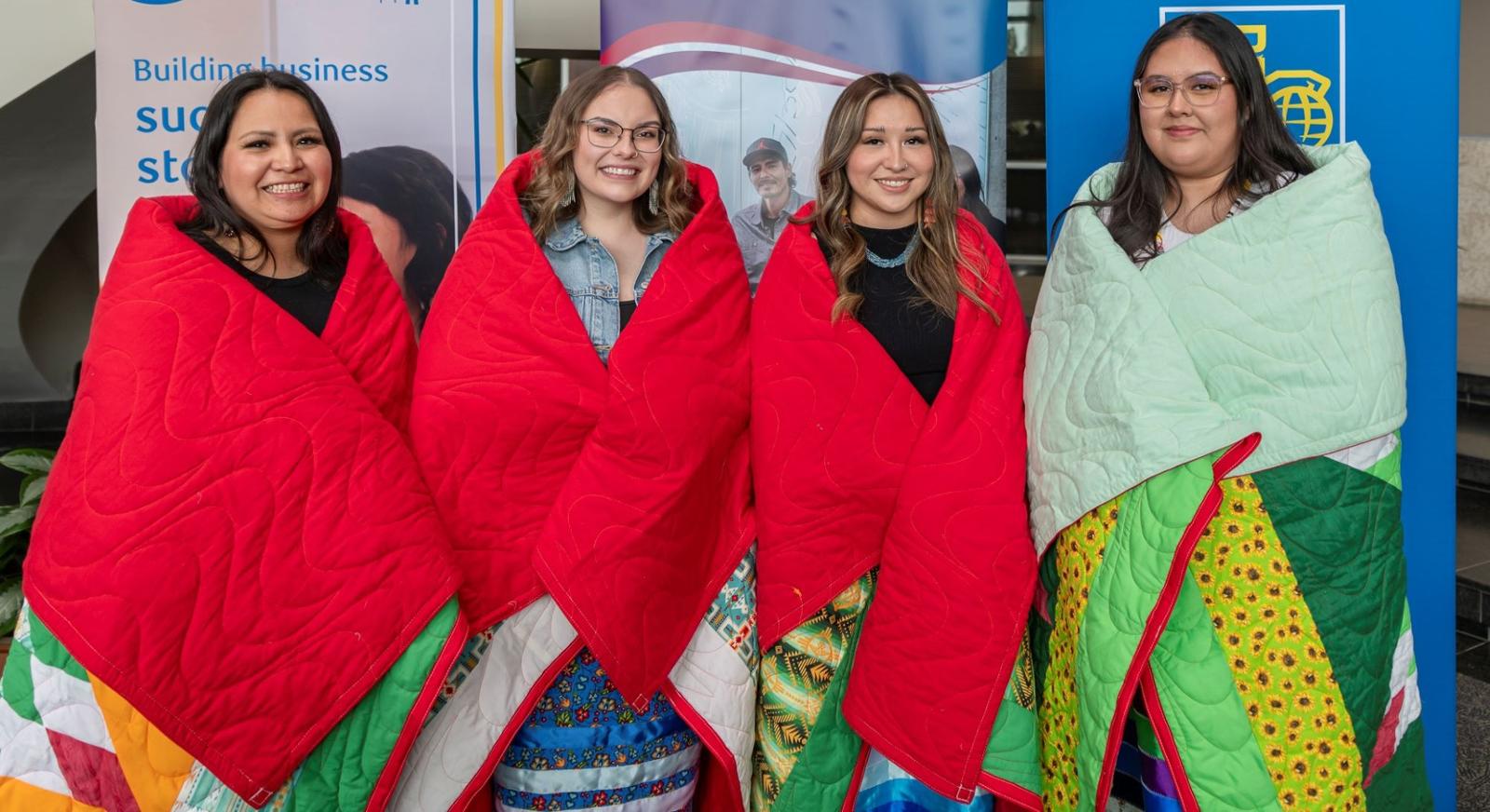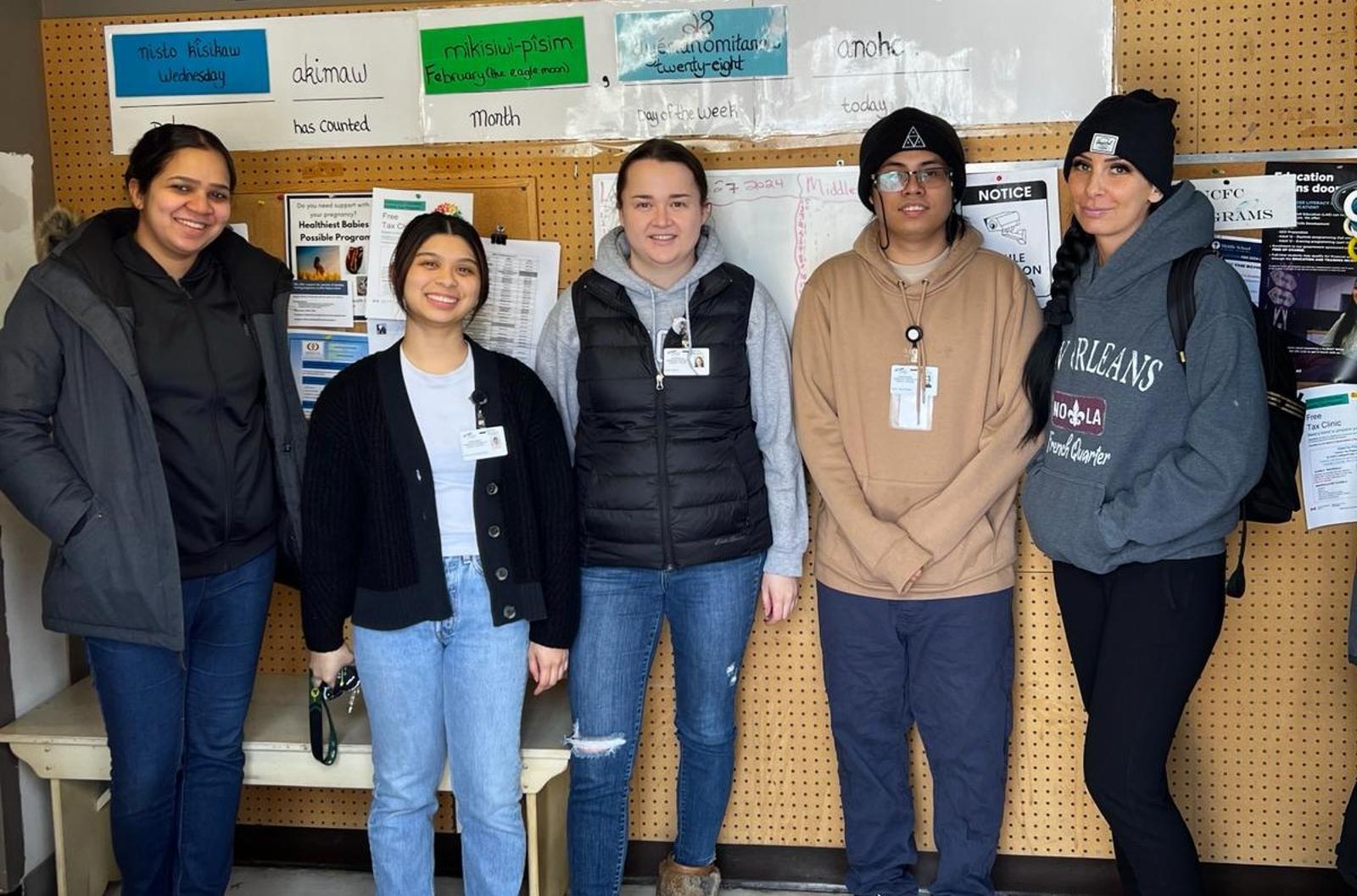The University of Regina, Faculty of Science, in partnership with First Nations University of Canada (FNUniv) and the File Hills Qu’Appelle Tribal Council (FHQTC), is hosting the 2nd annual 2024 Turtle Island Indigenous Science Conference (TIISC) from May 21 to 23.
Hosted on Treaty 4 territory, the homelands of the nêhiyawak, Anihšināpēk, Dakota, Lakota, Nakoda peoples, and the Michif/Métis nation, the TIISC focuses on authentic and inclusive approaches to discovery, teaching, building relationships, partnerships and knowledge, all with a local twist. Participants will explore innovations in cutting-edge research, understand the importance of place by exploring Treaty 4 lands, enhance community connections and strengthen networks, and engage in local Indigenous traditions.
Our program this year addresses the conference’s main theme of Advancing evidence-based approaches in Indigenous Knowledge and science — Dr. Mel Hart, Associate Dean of Science at the U of R.
Conference themes include authentic and inclusive approaches to discovery and teaching; engaging youth in science, technology, engineering and math (STEM); Indigenous engagement with water, land and the environment; relationships, partnerships, and sharing knowledges in a good way; and other relevant subjects.
The U of R, FNUniv, and FHQTC have joined forces to provide an exceptional experience featuring distinguished speakers from across Turtle Island (North America), visiting the site of the 1874 signing of Treaty 4 in Fort Qu’Appelle, participating in thematic sessions, and an Elders’ Panel. Also, on hand are a variety of vendors providing an array of products and services celebrating Indigenous craftsmanship and knowledge.
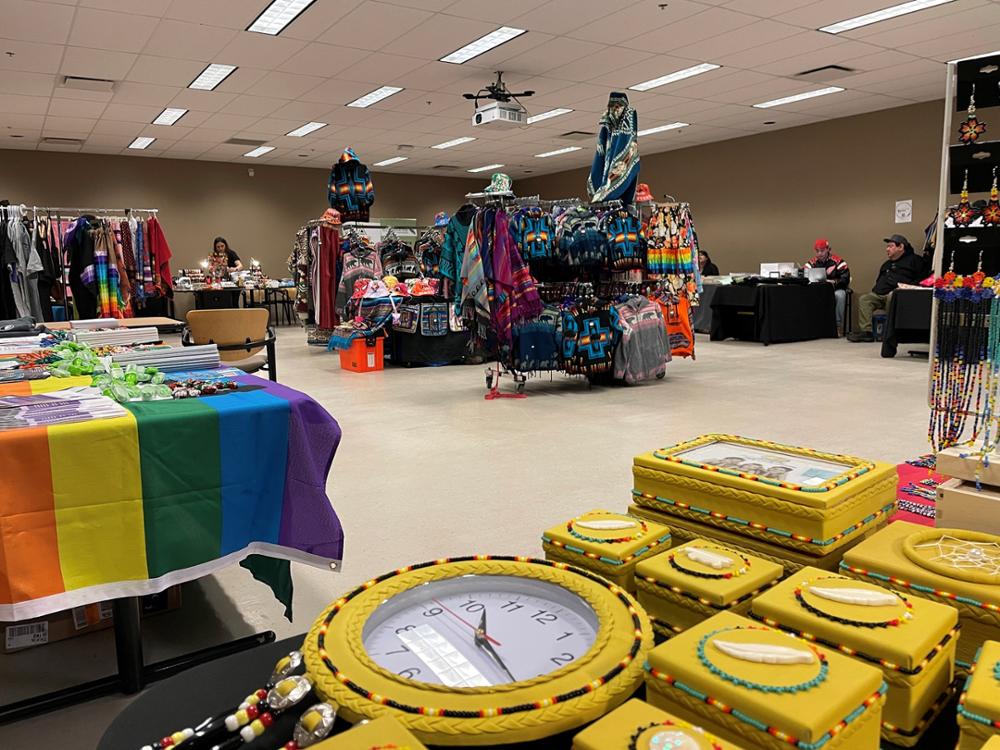
Of particular note, feature speakers include:
- Dr. Gregory Cajete, a Tewa Indigenous Professor from Santa Clara Pueblo, New Mexico, currently Professor of Native American Studies and Language, Literacy and Sociocultural Studies at the University of New Mexico.
- AJ Felix, a member of Sturgeon Lake Cree Nation, is the National Treaty fire keeper for Treaties 1-11, responsible for bringing fire from one Treaty meeting to the next.
The Elders’ Panel on Indigenous Traditions and Science features Saskatchewan Elders:
- Elder Linda Lavallee, from Piapot First Nation.
- Elder Margaret Reynolds, from English River/Patuanak First Nation, is Elder Advisor on the First Nations University of Canada Board of Governor’s and kêhtê-ayak Council.
- Elder Murray “Jumbo” Ironchild, a former councillor and Chief of the Piapot First Nation, is currently working as a Cultural/Traditional Advisor with the All Nations’ Healing Centre of the File Hills Qu’Appelle Tribal Council.
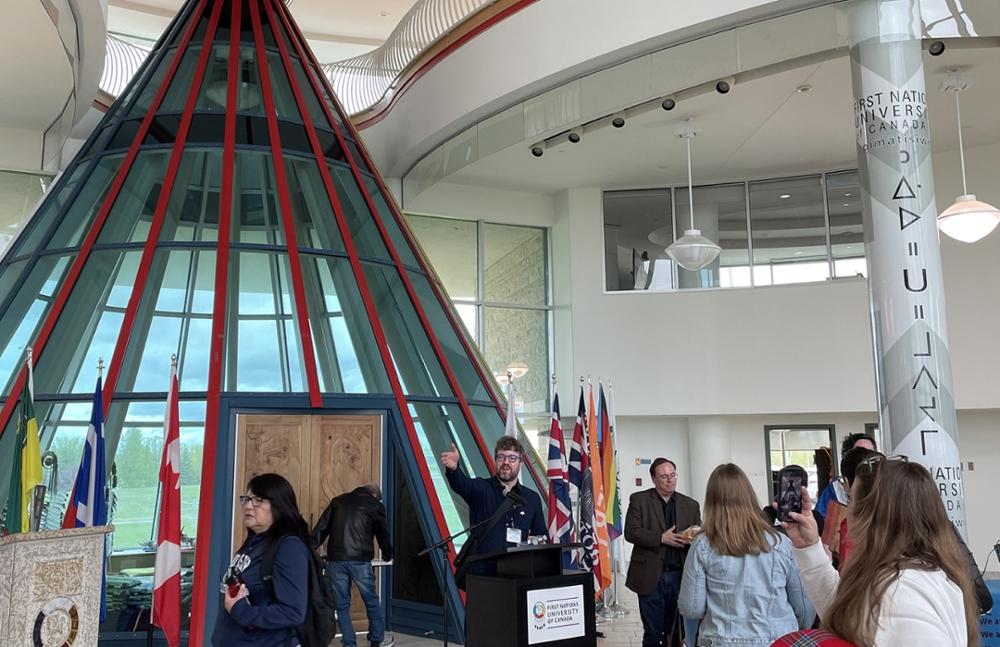
“Bringing people together to share knowledge and experiences, learn from each other, deepen our understanding and appreciation of traditional Indigenous knowledge, and renew or establish new relationships is vitally important to our current and future well-being,” says Local Organizing Committee Chair Dr. Mel Hart, Associate Dean of Science at the U of R. “Our program this year addresses the conference’s main theme of Advancing evidence-based approaches in Indigenous Knowledge and science.”
The University of Regina recognizes, that as an institution founded by settlers, we benefit from being on this land and that we are privileged to learn, teach and work here. Our commitment to reconciliation includes incorporating Indigenous knowledge and world views in our research, teaching, and studies to ensure that there are increased economic, social, and creative opportunities for current and future generations. It is our responsibility to strengthen relationships with Indigenous communities and build a more inclusive future.
This year’s conference follows the very successful inaugural TIISC held at the University of Manitoba in 2022.
Banner Photo: Presentation on Indigenous Science by Dr. Jessica Hernandez, Indigenous scholar, scientist and community activist, with South Seattle College, in the Pacific Northwest set to begin. Photo Courtesy University Communications and Marketing.
About the University of Regina
2024 marks our 50th anniversary as an independent University (although our roots as Regina College date back more than a century!). As we celebrate our past, we work towards a future that is as limitless as the prairie horizon. We support the health and well-being of our 16,700 students and provide them with hands-on learning opportunities to develop career-ready graduates. Our research enterprise has grown to include 21 research centres and 12 Canada Research Chairs and brings in more than $51.2 million in funding annually. Our campuses are on Treaties 4 and 6 - the territories of the nêhiyawak, Anihšināpēk, Dakota, Lakota, and Nakoda peoples, and the homeland of the Michif/Métis nation. We seek to grow our relationships with Indigenous communities to build a more inclusive future.
Let’s go far, together.
